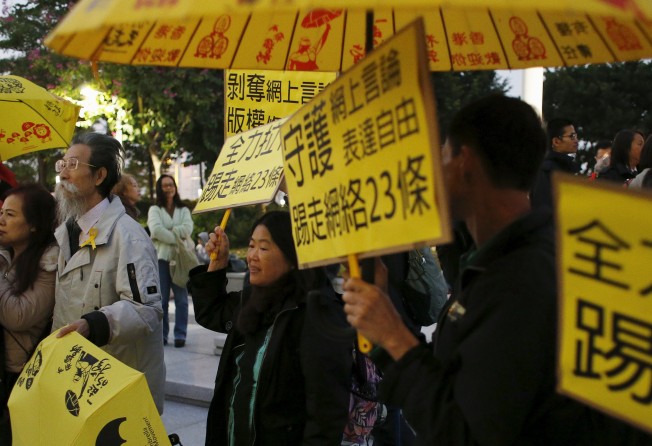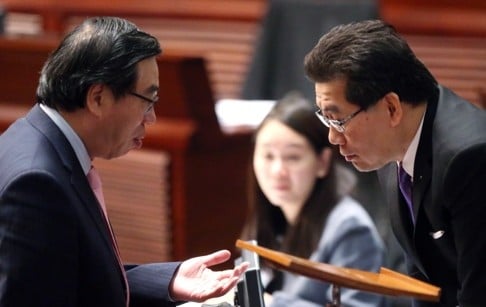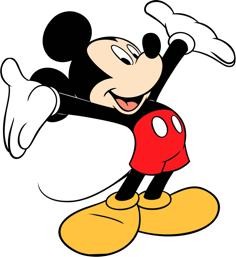Hong Kong’s copyright reform cannot proceed without trust
Michael D. Pendleton traces the development of Hong Kong’s intellectual property protections, and says that while change is necessary, people must also have confidence in those proposing the changes

Despite 35 years teaching and researching Hong Kong intellectual property, I have been reluctant to get involved in the debate over the copyright amendments. Part of that reluctance is that copyright is overtly political and reasonable people can reasonably disagree. But no more.
Opponents to the Hong Kong copyright legislation suspect an attempt by the government to impose censorship via copyright doctrine. That fear is not without historical precedent. Modern concepts of copyright began in 1709 with the English Statue of Anne (not surprisingly, China, with its long history, had something similar centuries before). The legislation was principally about censorship. It was created to protect the Crown and the Church of England from slander or criticism by giving a single entity, the Stationers’ Company, the sole right to print books.
Largely because of that, English copyright tradition has been stilted towards publishers rather than authors, towards the person who takes the risk in publishing rather than encouraging authors and artists per se. Authors’ rights are associated with the French copyright tradition, later adopted by the infant United States in its constitution. Article 1 of the constitution talks about authors and inventors and the progress of science and the useful arts.

I can’t but wonder at the ignorance of comments over the decades by Hong Kong-based US diplomats on Hong Kong intellectual property law, the most recent of which urges Hong Kong to update its copyright law.
The current copyright legislation came into effect, it’s true, in 1997. But the fact is that when Hong Kong – not China but Hong Kong – joined the World Trade Organisation, it had to water down or lower some of its intellectual property protection to harmonise with the Agreement on Trade-Related Aspects of Intellectual Property Rights (TRIPS), which set minimal levels of intellectual property protection.
Hong Kong was one of the first in the world to create a trademark law, in fact, prior to England, and it was one of the first to criminally enforce intellectual property, and that at taxpayer expense, not through private lawyers. It even conferred greater rights on the intellectual property of foreign investors rather than locals (something you can only do in a non democracy).

It’s true, though, that Hong Kong does not have a “life of the author plus 70 years” copyright term, with much of the rest of the world having been lobbied, many would say bludgeoned, into the change when Mickey Mouse turned 50. The legislation which extended the copyright term in the United States from 50 to 70 years was the Sonny Bono Copyright Term Extension Act, also known as the “Mickey Mouse Protection Act”.
Another exceedingly important point is that Hong Kong, like the UK, Australia and many other countries, has no fair use defence like the US does. It merely has a strictly limited fair dealing defence.
America’s fair use defence is very flexible, and therefore sensible. The effect of not having it is that copyright protection of owners is considerably expanded, to the detriment of users.
Copyright reform is an ongoing necessity, but so too is a modicum of trust in the agency proposing the reform.
Michael D. Pendleton has written many books and articles on Hong Kong intellectual property, including the first book on the subject since 1906 in his 1984 “Intellectual and Industrial Property in Hong Kong”. He was senior lecturer at the University of Hong Kong, Faculty of Law, 1981-1990, and professor at the Chinese University of Hong Kong, Faculty of Law, 2005-2013. He is presently adjunct professor at the University of Canterbury